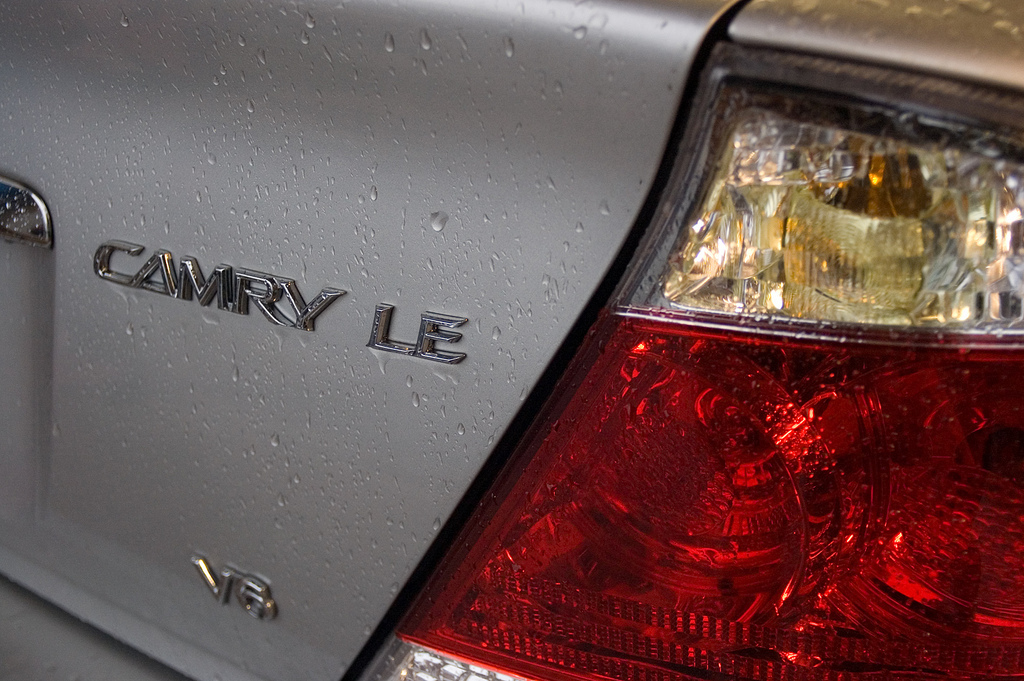Used Cars Can Be Victims Of Identity Theft, Too
When shopping for a used car, buying from a private party in your real-life social network or who you found through an ad is cheaper than going through a dealership, but has some dangers that you may not think to look out for. There are small-time dealers who pretend to be individual sellers, and here’s another thing to keep in mind: cars can be victims of identity theft.
Every car has a VIN, or Vehicle Identification Number, that you can most easily spot inside the driver’s side doorframe and engraved under the windshield. This is what you’d look up when checking the vehicle’s history on Carfax, and when checking its title. Only VINs can be stolen to mask that a car is stolen, too.
One man in California learned this the hard way when the California Highway Patrol showed up at his home one day to confiscate his car. It was evidence in a large investigation of car theft and VIN-switching. He says that he bought the 2009 Toyota from a seller on Craigslist five years ago, and nothing seemed amiss.
The CHP tracked him down after an investigation showed that his car was stolen back in 2010. Its VIN plates were switched out with a set from a presumably similar car that had been scrapped or was also stolen, and the car’s previous owner had his insurance claim paid out because the car couldn’t be found.
Now, using impeccable legal logic, the car will apparently be destroyed, and the man who bought it is out the money he paid for the car, and is left Camryless.
How could he have avoided this? When you’re about to buy a used car, you have the right to bring it to a mechanic of your choice, who will notice if the VIN engraved on various parts doesn’t match. If you don’t feel that you need to do that, at least look closely for signs that the VIN plates have been removed and replaced.
Call Kurtis Investigates: My Car Was Cloned And The CHP Destroyed It [CBS Sacramento]
Want more consumer news? Visit our parent organization, Consumer Reports, for the latest on scams, recalls, and other consumer issues.


